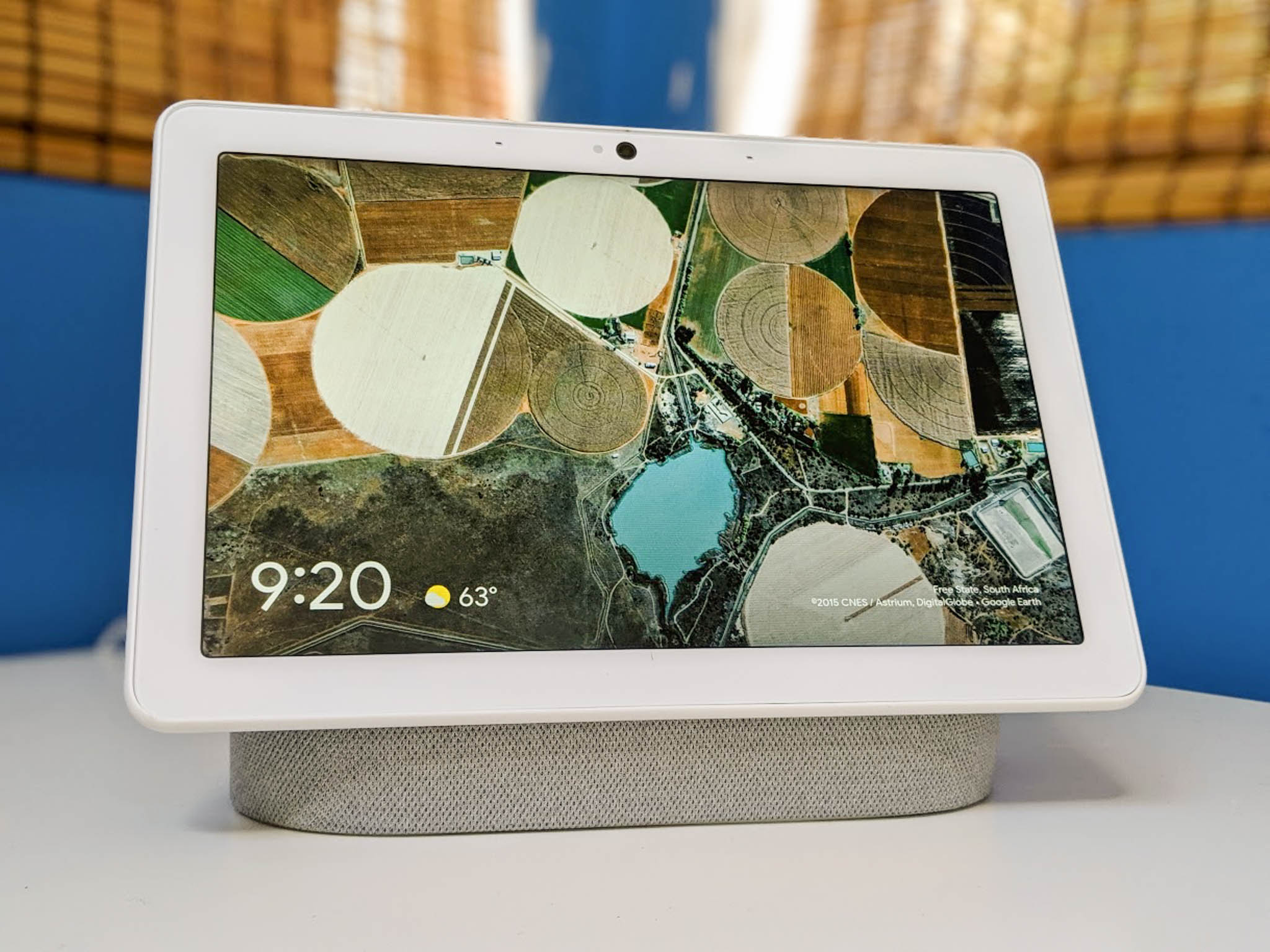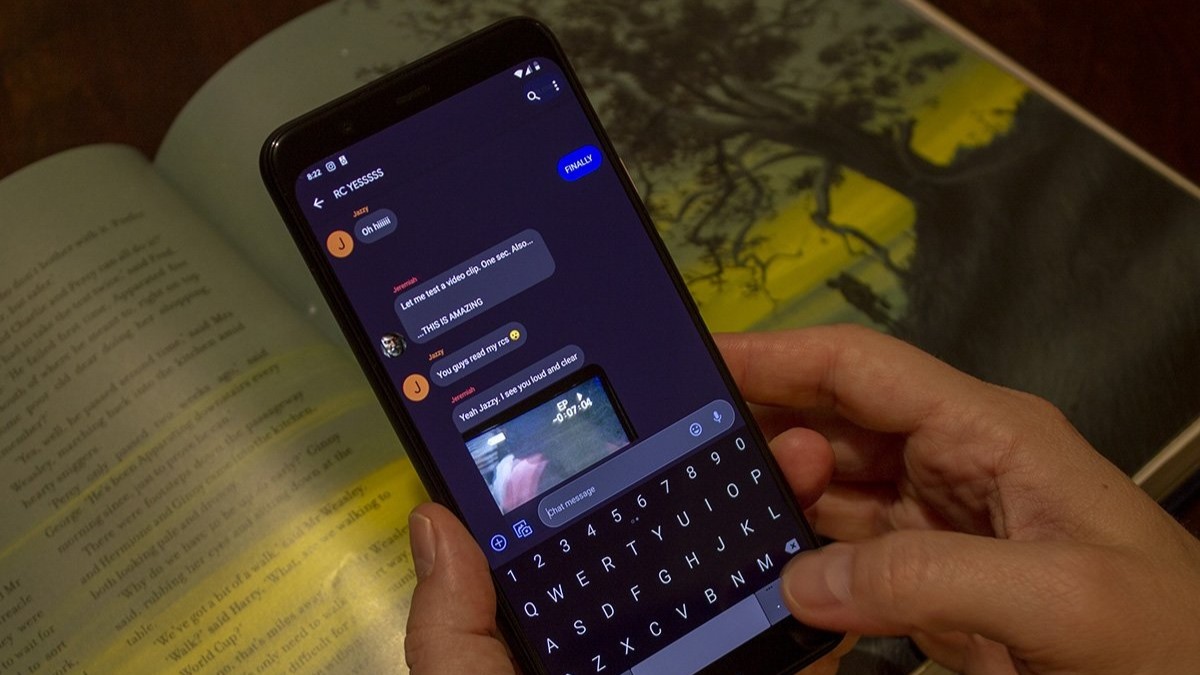Nest is making two-factor authentication mandatory for users

What you need to know
- Google will require all Nest users to enable two-factor authentication starting this spring.
- The announcement comes just two weeks after Amazon-owned Ring introduced its new "control center" to help users better manage their security settings.
- Nest users who have migrated to a Google account will not have to take any action.
Nest users who haven't migrated to a Google account or enabled two-factor authentication will soon be required to do so to prevent unauthorized access to their account. Google has announced that starting this spring, Nest users will receive an email from account@nest.com with a six-digit verification code, whenever a new login is initiated. Without the code, Nest users will not be able to login to their accounts.
While two-factor authentication has been available for Nest users as an extra layer of protection for a long time, it was so far only optional. With two-factor authentication, Nest users who haven't migrated to a Google account will be safeguarded against automated attacks such as credential stuffing.
For greater security, however, the company recommends migrating to a Google account. In addition to two-factor authentication, a Google account will also provide you with additional security features such as suspicious activity detection and Security Checkup.
In December last year, Google had a security feature that allowed Nest users to know when someone logs into their account with login notifications. Google also resets accounts whenever any suspicious activity is detected.

Nest Hub Max
Google's Nest Hub Max is a smart display with a fantastic 10" touchscreen display, built-in Google Assistant, a camera for video chats, as well as impressive audio thanks to two tweeters and one woofer.
Be an expert in 5 minutes
Get the latest news from Android Central, your trusted companion in the world of Android

